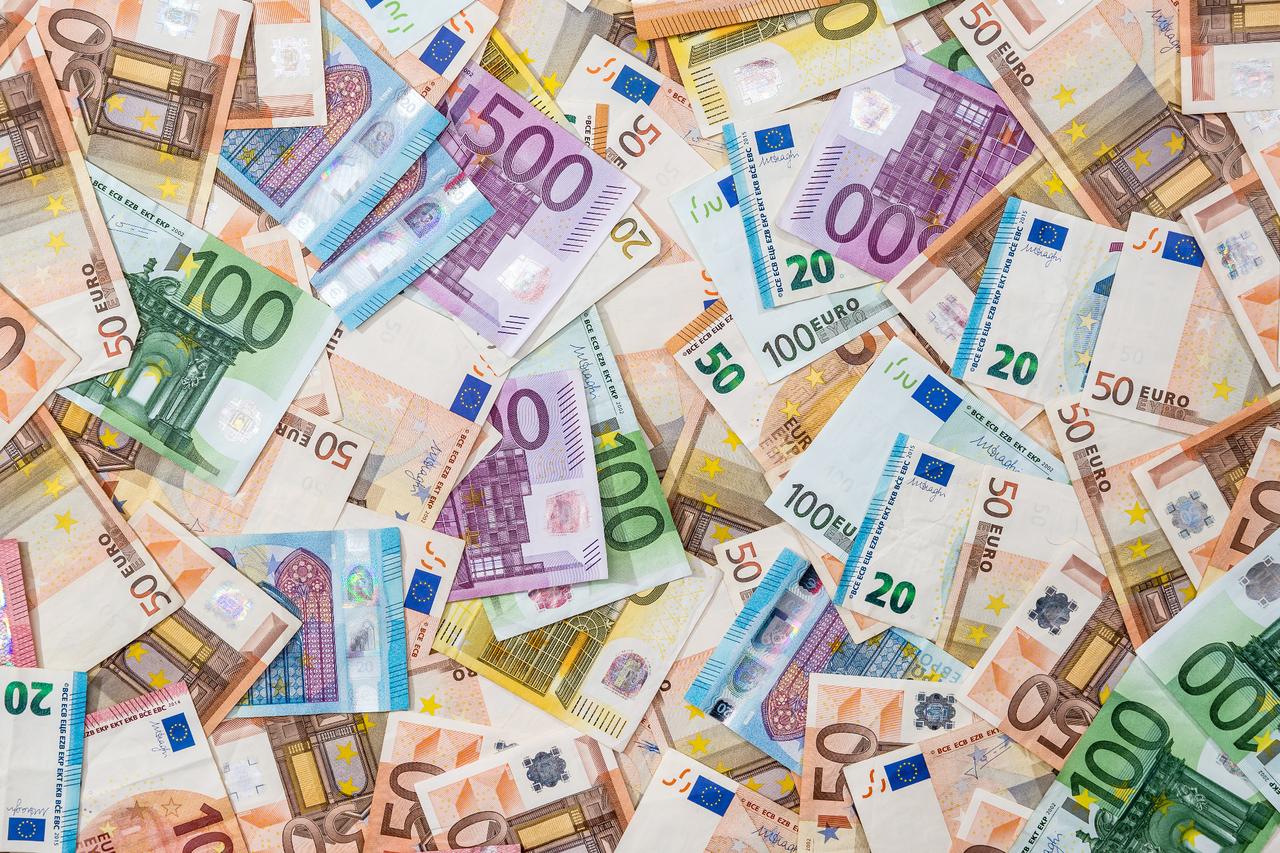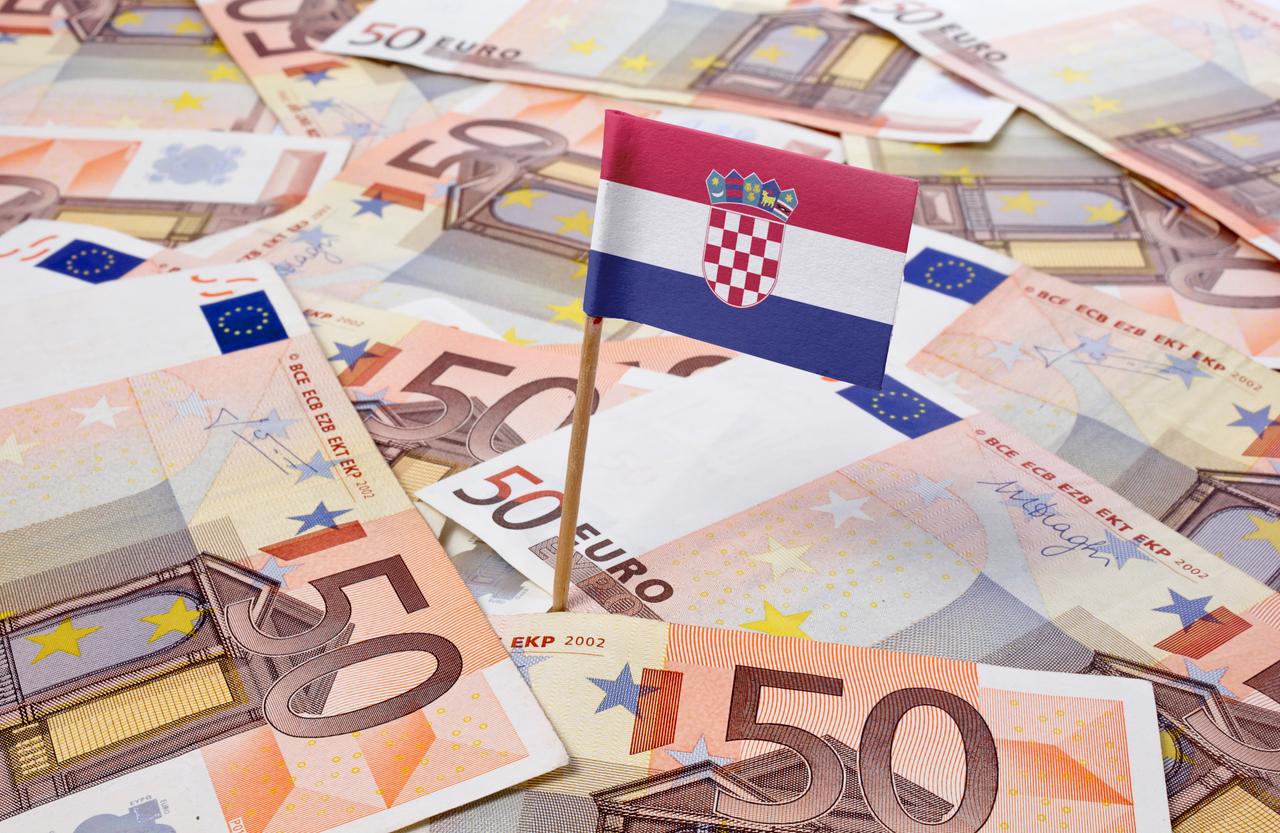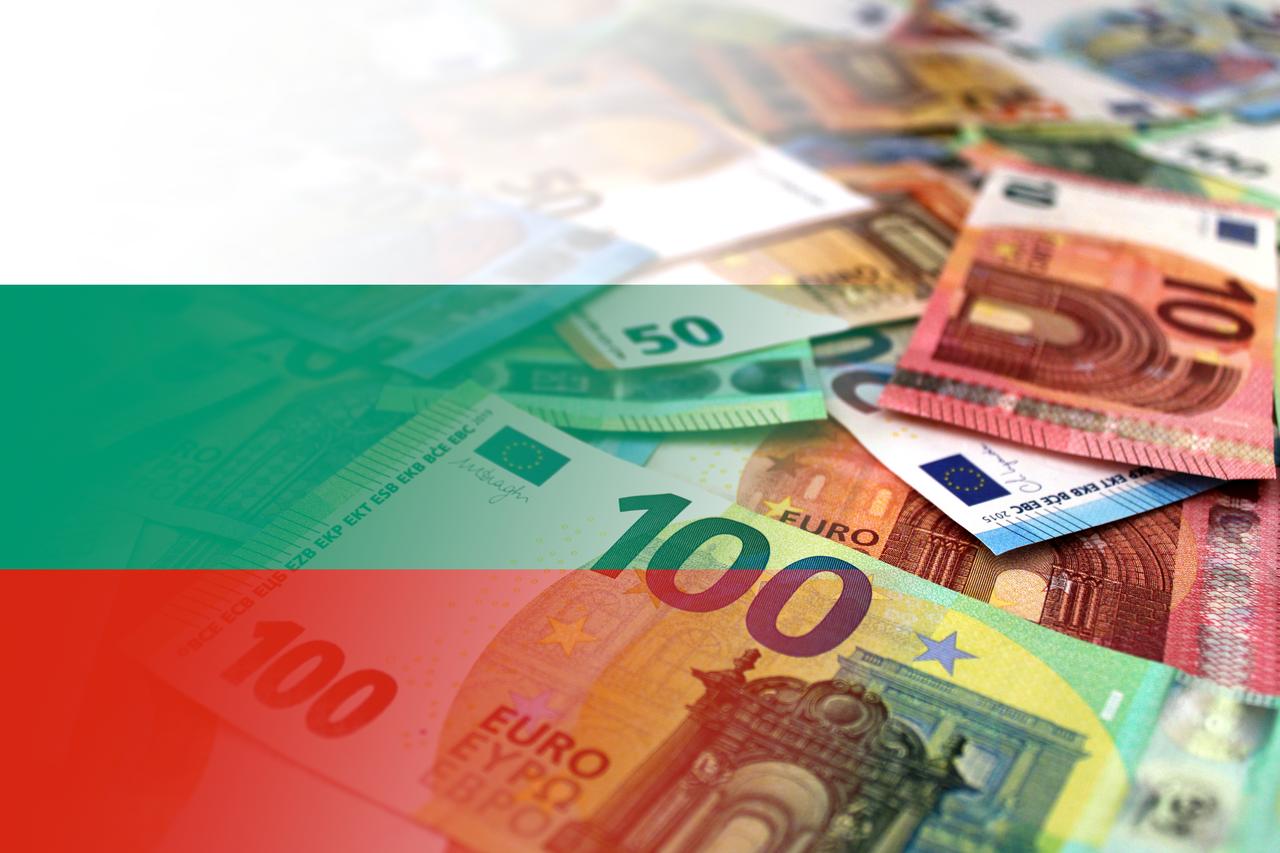
In the aftermath of World War II, European leaders sought more than reconstruction—they dreamed of unity. What began as a modest economic coalition evolved into the vision of a shared currency embodying stability, integration and a collective future.
The euro, though launched in 1999, traces its lineage back to the Maastricht Treaty of 1992, which mandated the creation of an Economic and Monetary Union and set rigorous convergence rules.
Today, as global uncertainties unfold and geopolitical shifts prompt investors to reassess the dollar’s dominance, the euro is seizing its “global moment”—yet this elevated status brings fresh challenges and opportunities. As the currency gains international traction, deeper integration and a robust institutional framework are more crucial than ever.
As the euro enters its ‘global moment,’ what lies ahead for its future evolution and the economic fortunes of both current and upcoming adopters?
Currency strength:
In 2025, the euro surged roughly 13–14% against the dollar—its strongest level in four years. While that speaks to confidence in European assets, it also harms export competitiveness and suppresses inflation, forcing the ECB to adjust interest rates.
ECB balancing act:
The bank has cut rates to cushion growth while contending with disinflation from stronger euros and weak global demand. It now faces the delicate task of maintaining price stability without sidelining exporters or inviting currency friction.
Unequal gains:
Critics argue the euro’s design favors stronger economies (Germany, Netherlands), while other countries face constraints especially in downturns without their own policy levers.

Economic integration and trade
Since adopting the euro, Croatia's economy has shown resilience and growth, outperforming the eurozone average. The country's economic performance continues to deviate from the euro area average with higher growth, higher overall inflation, and stronger house price dynamics and lending to households.
GDP grew by 3.8% year on year in 2024, much more than the euro area on average (0.9%). The growth remained driven by domestic demand, most of all private consumption but also strong gross fixed capital formation.
Inflation impact post-euro adoption
Surveys reveal some concerns about the possibility of price increases related to euro adoption. A survey conducted by the European Commission (2022) found that about 62 percent of Croatian citizens were concerned that the euro adoption would lead to an increase in inflation.
GDP growth:
2023: 3.3%
2024: 3.9%
2025 (forecast): 3.2%
2026 (forecast): 2.9%
Inflation:
2023: 7.5%
2024: 4.3%
2025 (forecast): 3.4%
2026 (forecast): 2.0%
Unemployment rate:
2023: 6.0%
2024: 5.8%
2025 (forecast): 4.6%
2026 (forecast): 4.5%
Public debt:
2023: 63.8% of GDP
2024: 61.0% of GDP
2025 (forecast): 56.3% of GDP
2026 (forecast): 56.4% of GDP
General government balance:
2023: -0.1% of GDP
2024: -1.0% of GDP
2025 (forecast): -2.7% of GDP
2026 (forecast): -2.6% of GDP

Following Croatia's successful adoption of the euro in 2023, Bulgaria is set to become the 21st member of the Eurozone on January 1, 2026. This milestone marks a significant step in Bulgaria's economic integration within the European Union.
The European Commission and the European Central Bank have confirmed that Bulgaria meets all necessary convergence criteria, including price stability, sound public finances, and exchange rate stability.
Despite these advancements, public opinion in Bulgaria remains divided. Recent surveys indicate that approximately 57% of Bulgarians oppose euro adoption, citing concerns over potential price increases and a perceived loss of national sovereignty. These apprehensions are compounded by disinformation campaigns and political opposition, which have fueled skepticism among the populace.

GDP growth:
2023: 2.8%
2024: 3.1%
2025 (forecast): 2.6%
2026 (forecast): 2.3%
Inflation:
2023: 8.7%
2024: 2.6%
2025 (forecast): 3.6%
2026 (forecast): 1.8%
Unemployment rate:
2023: 6.0%
2024: 3.8%
2025 (forecast): 4.0%
2026 (forecast): 3.8%
Public debt:
2023: 24.1% of GDP
2024: 24.1% of GDP
2025 (forecast): 25.1% of GDP
2026 (forecast): 27.1% of GDP
General government balance:
2023: -3.0% of GDP
2024: -3.0% of GDP
2025 (forecast): -2.8% of GDP
2026 (forecast): -2.8% of GDP
The euro's journey from a post-war aspiration to a global currency reflects Europe's commitment to economic unity and stability. With Croatia's successful adoption in 2023 and Bulgaria's impending integration in 2026, the Eurozone is expanding, yet challenges persist.
As the Eurozone continues to evolve, balancing economic integration with public confidence will be key to ensuring the euro's role as a stable and inclusive currency for all member states.